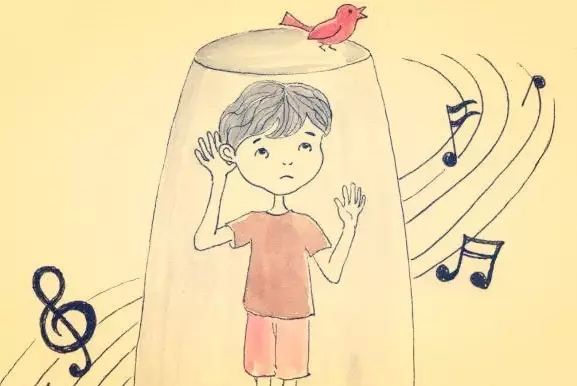
Congenital deafness refers to deafness caused by the mother’s pregnancy process, abnormalities during childbirth or genetic factors. Mostly sensorineural deafness.
The pre-3 months of the mother’s pregnancy is a critical period for the development of the inner ear of the fetus. If the mother is infected with a virus such as a cold or rubella or syphilis during this period, it may hinder the normal development of the inner ear of the fetus and cause congenital hearing loss. In addition, mothers suffering from various toxic diseases during pregnancy, such as diabetes, nephritis, thyroid dysfunction, abdominal X-ray, long-term deep anesthesia, various toxic drugs, threatened abortion, etc., may also affect fetal inner ear development.
During the delivery of the mother, including the onset and postpartum days of the disease, such as pregnancy toxemia, premature delivery, dystocia, umbilical cord around the neck, trauma during childbirth, respiratory blockage caused by neonatal hypoxic asphyxia, can cause neonatal hearing loss.
In addition, neonatal severe jaundice, hemolysis, and different Rh factor factors in the mother and child can also cause hearing loss in newborns.
When a close relative gets married, the incidence of hereditary hearing loss increases relatively as the couple have an increased chance of having the same deafness gene. Hereditary hearing loss can occur at birth and may become apparent later.
The clinical manifestations of traumatic deafness are bilateral repetitive neurological spasm or mixed hemorrhoids, with high-profile tinnitus and dizziness, balance disorders.Symptoms can be relieved after a few months, but it is difficult to fully recover. When the humerus is transversely fractured, the fracture line perpendicular to the axis of the rock often crosses the bone labyrinth or the inner ear canal to damage the structures contained therein, and severe sensorineural hearing loss, as well as dizziness, nystagmus, facial paralysis and cerebrospinal fluid otorrhea.
What are the symptoms of traumatic deafness?
1, often put your hands behind your ears to increase the receiving volume.
2, watching TV or listening to the radio is significantly louder than the family asks.
3, often notice that others are saying hello to themselves.
4 can’t be used. You can’t talk to others while reading, reading, writing, thinking about problems.
5, often snoring or asking the other person to repeat when talking face to face, used to bias the head to one side (asymmetry of the ears), often misunderstanding the other party’s semantics.
Jinghao medical hearing aid reminder: hearing aids need to be professionally “fitted”, it is very important to choose a professional hearing aid fitting center and hearing aid fittings! All patients and friends have any hearing problems can call the Jinghao medical consultation, or personally Come to the fitting center experience. Hearing aid free consultation phone: +86-18566295705
You can also scan our WeChat public account for more information about hearing.



